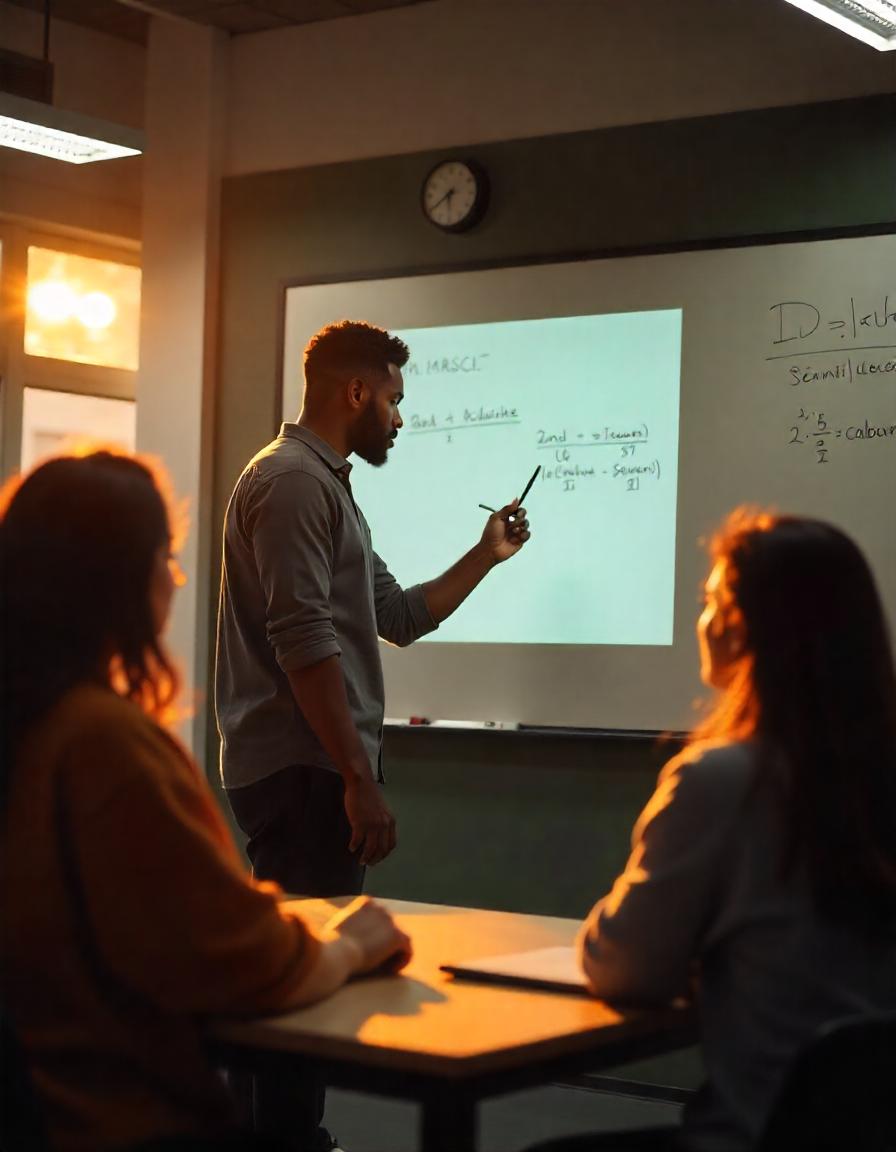How Students Can Improve Their Study Habits and Retain Information Better
Intrdoction
How to Excel at Your Studies: Essential Tips and Tricks
Several students find studying and remembering material tough–but there are surefire ways to become better at learning. This guide is filled with important ways to study, tricks to remember more, and advice on how to use your time and resources well so you can master your studies. Getting proficient at studying is not only simply about holding your nose in books for hours on end; it regards becoming familiar with what you’re learning, keeping it in your head, and being able to recall it when needed. Getting into solid study habits is of significant consequence for school success, because it makes stress smaller, helps you remember material better, and boosts your confidence. We’re diving deep into how students can build up excellent study methods and ways to make what you learn stick.
Setting the Foundation for Effective Study Habits
In what you may think is stark contrast, it’s actually vitally important to pick a location to study that’s quiet, cozy, and neat—without all that noise, mess, and gadgets that you don’t really need. Whether you need complete silence or you’re quite accepting of some background tunes, think through what works best for you so you can really concentrate. Having a solid plan for when to study each day makes it significantly easier to keep on top of your studies and avoid having to do everything quickly at the end. Make a schedule that blocks out specific times for studying and do your best to hold to it.
Wrapping your head around getting better at remembering material and really mastering down your study habits? Listen up, because here’s how you can do an excellent job. Instead of just flipping through your notes or books, try actually recalling the data by giving yourself a mini-quiz: speaking it out loud, or flipping through those flashcards you made.
This isn’t only busy work—it basically makes your brain’s memory part stronger and helps you remember things significantly down the line. Now, onto spaced repetition. It’s not regarding spacing out. It’s the total opposite. You keep going back to what you’ve learned–but not all at once. Spread it out over days or weeks, each time stretching it a bit longer before you review again.
It’s the brain’s manner of hitting the gym, lifting heavier each time with a bit of rest between, and yes, you can use a phone program for that. Actually, a lot, such as Anki or Quizlet, that can keep you on track with it. we turn to the topic of: notes for a second. Everyone tells you to take them–but how you do it matters . Try not to just write down what you hear word for word.
That won’t do you any good. Use something such as the Cornell Method, or make a mind map, or just put things in your own words. The key? You must understand what you’re writing down. After that, make sure to look them over more than just before the test.
You’ve probably heard of the Pomodoro Technique too. it has nothing to do with tomatoes.
It is characterized by working in short, 25-minute bursts with 5-minute breaks in between. Do it four times, then allow yourself to relax a bit longer. It keeps your mind from feeling fried, and you actually get more done. And before I forget, the world’s full of distractions trying to tinker with your tenor. Your phone, WiFi, a buzzy environment—essentially things that take away energy for your focus.
Be kind to yourself: keep your phone out of arm’s reach — maybe get an app that keeps you off other apps or websites, and give yourself some offline time where it’s just you and the books. As I begin to conclude, I endeavor to share a bit of wisdom on a revolutionary concept that could seriously shake up your study routine. Remember, holding to old habits won’t prove sufficient.
Whether you’re adopting spaced repetition or giving those Pomodoro sprints a shot, embrace the change. Each positive shift in how you learn brings you a step closer to mastering the art of effective studying.
Creating extremely unmistakable pictures in your mind can seriously boost how well you remember material. You might hold credence that imagining key historical events as if they’re movies playing in your mind, or sketching out mind maps to show the details of how everything fits together, will work wonders. This neat trick taps into our mind’s special knack for remembering where things are placed to help with learning.
Then, there are mnemonics, and they’re practically mental shortcuts. They hitch a ride on material you already know to help remember brand-new data by connecting the dots between them. We are looking at anything from easy-to-remember songs, odd rhymes, to using shortenings such as PEMDAS for acing math operations. There’s also the “Feynman Technique.”
It’s kind of amazing; You simply try breaking down what you’re learning to explain it to someone else – could be an actual friend or an imaginary one. the truth is making fully sure you have the details perfectly understood in your own head. A strategy doesn’t only ensure you’ve wrapped your head around the material but also sniffs out any confusing components.
If explaining it feels tough, it’s a cue to circle back and think through the missing pieces. And very rarely, it’s easy to forget–but how you tend to your body and spirit plays a strikingly large role in schooling success. Getting active, sleeping enough, and eating right? Your mind perceives that. It helps you to zone in better, recall content more effortlessly, and pause during exam freak-outs or brutal cram sessions.
Taking care of yourself is key to performing well academically.
The reader is encouraged to contemplate it this way: doing items such as staying for a little while or eating your main snack is not only simply about taking a break. It legitimately boosts your ability to study better. Also, getting to cheer for the small successes — keeping yourself focused on the now — teaching material to yourself until you have it down — using intelligent and informed hacks—and making very clear pictures in your mind—all play an important role.
Wrapping it up, what I’m saying is not (just) a lot of tips thrown together. It’s actually worth pointing out that these methods can really elevate how well you learn.ing your head and body in the present; celebrating the small victories; explaining material to make it crystal clear; using intellectual shortcuts; and crafting extremely unmistakeable mental pics are all part of the process.
And you may thus possibly conclude: this is not (just) a substantial amount of random advice; it’s actually bringing up a factoid that these strategies seriously up your learning skill.
Conclusion
To become better at studying and remembering material, you must put in work, remain connected with it, and use intelligent and informed approaches. You can make the most out of your study sessions by having clear goals; repeating data through the months and years; trying to remember material without looking; and organizing your time well. Learning how to study well is great not only for school–but it also helps you with skills you’ll need forever. The trick is to try out various methods to see which one works for you, and note to take care of yourself while you’re at it. Becoming skilled study habits boosts your grades and helps you in learning things all your life..







